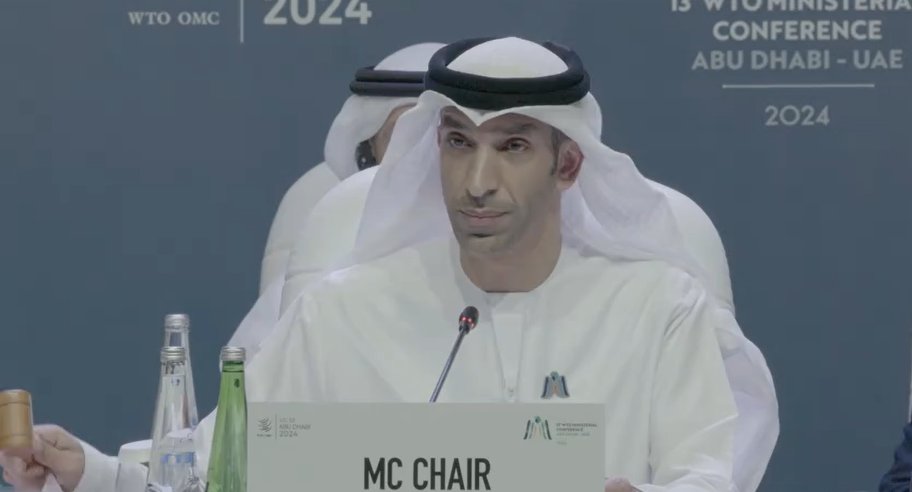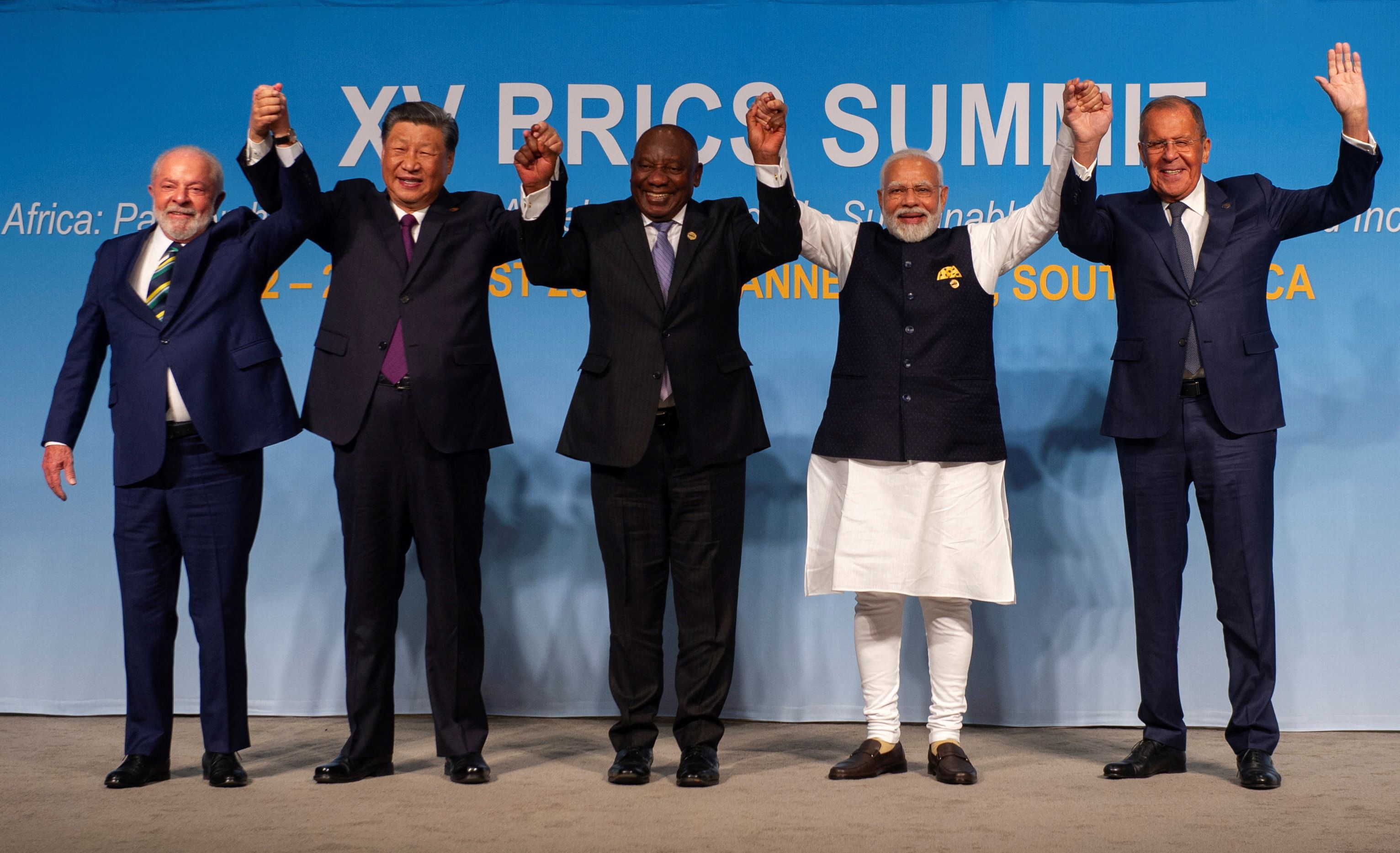World Trade Organization (WTO) negotiators remained deadlocked on major reforms despite prolonged talks in Abu Dhabi, reflecting a prioritization of national interests over collective responsibility, according to some delegates.
The negotiations, which ran overtime, concluded on Saturday after five days without significant progress on crucial issues such as agriculture, fisheries, and others. However, there was a two-year extension of the moratorium on imposing tariffs on e-commerce data transmissions, offering some relief to businesses.
“Achieving consensus on critical matters like fisheries and harmful subsidization, crucial for the WTO’s mandate, proved elusive due to a lack of willingness to compromise,” remarked a senior European official. By the fifth day of the ministerial meeting, most ministers had departed, with only India’s trade minister Piyush Goyal, and European Trade Commissioner Valdis Dombrovskis remaining until the conclusion.
Dombrovskis expressed disappointment over the lack of consensus on fisheries, agriculture, and broader reforms, and pointed fingers at India for the impasse.

“Agreements were within reach, supported by an overwhelming majority of members, but ultimately blocked by a handful of countries – sometimes just one,” he stated. Goyal, who stood firm on these issues, appeared jovial, exchanging pleasantries outside a meeting room late on Friday as delegates congregated near a coffee stand.
India pressed for a longstanding promised permanent resolution on public holdings of agriculture stocks, a stance opposed by some developed nations. “We have not lost out on anything. I go back happy and satisfied,” Goyal remarked to reporters as the talks approached their conclusion.
Delegates characterized the discussions as intense and contentious at times, yet WTO Director-General Ngozi Okonjo-Iweala attempted to inject a positive note into the challenging week, stating during a closing session, “We’ve worked hard this week, we have achieved some important things and we have not managed to complete others.”
Initially resistant, India and South Africa opposed extending a moratorium on digital trade tariffs, despite widespread support from most governments and businesses. However, they later relented following an appeal from the host country, the United Arab Emirates.

Past WTO ministerial meetings have faced similar setbacks, and this year’s negotiations, hosted in the oil-rich Gulf state of the United Arab Emirates, have underscored divisions among some of the world’s leading economies.
U.S. President Joe Biden’s trade chief, Katherine Tai, expressed concerns in an interview with Reuters late on Thursday that the failure of talks could exacerbate fragmentation within the BRICS group.
India and China, key members of the BRICS nations, have been at odds on crucial issues, particularly regarding investment. India’s commerce minister joined the negotiations two days after they commenced, following the departure of his Chinese counterpart from Abu Dhabi.
Pacific island nations voiced grievances during the talks, feeling marginalized and overlooked by major powers, arguing that proposed measures fell short in safeguarding fish stocks. However, Fiji’s delegate received a standing ovation at the close of the ceremony after urging countries to endorse future negotiations on fisheries. Under Biden, the U.S. has reaffirmed its support for global trade and multilateral organizations like the WTO.
Nonetheless, negotiators remained wary of the possibility of former President Donald Trump, who disrupted the multilateral system, winning a second term in the U.S. presidential election in November. John Denton, head of the International Chamber of Commerce, cautioned that the lackluster outcomes from the meeting should prompt a reevaluation of the role of trade in society, both locally and globally.
He emphasized, “No country stands to gain from a weakened multilateral trading system.” Earlier in the week, even the formal acceptance of completed negotiations on improving investment was stymied, reflecting the requirement for consensus among all 164 members of the organization.
A consensus on significant agreements would have bolstered the UAE’s standing as a global intermediary, aligning with its current emphasis on multilateralism and dialogue, a departure from its assertive foreign policy stance of a decade ago.